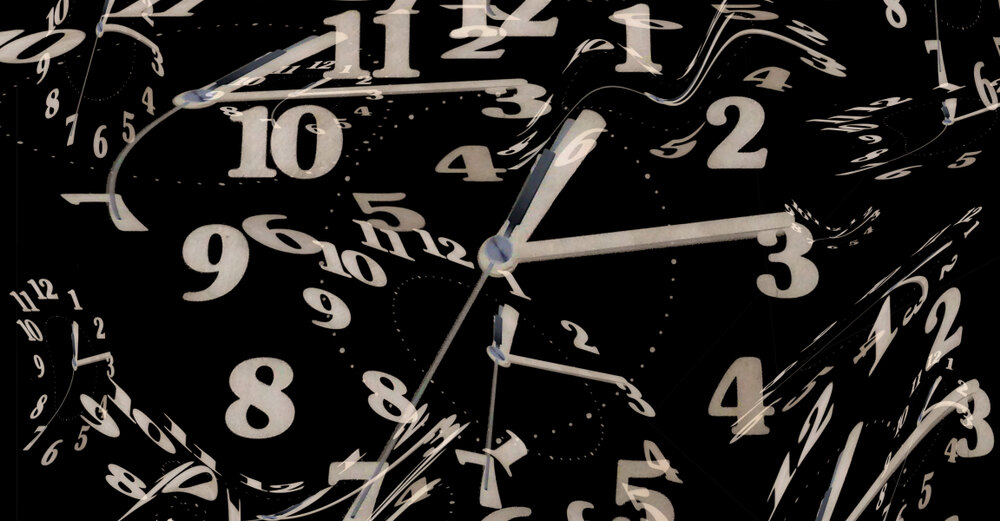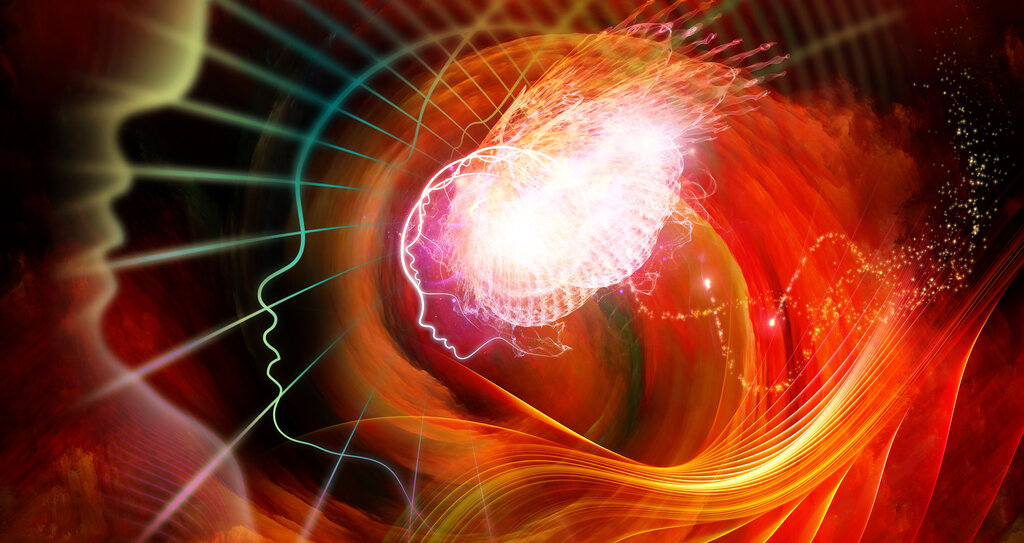Faces in Flux: Understanding Facial Distortions on Psychedelics
The Brain in a Vat podcast, one of my favourite podcasts – hosted by Dr Jason Werbeloff and Mark Oppenheimer – had as a guest Brad Duchaine, Professor of Psychological and Brain Sciences at Dartmouth. (Brain in a Vat is a philosophy podcast, but this particular episode – a rebroadcast – was more psychology-focused.) The…
View Post



